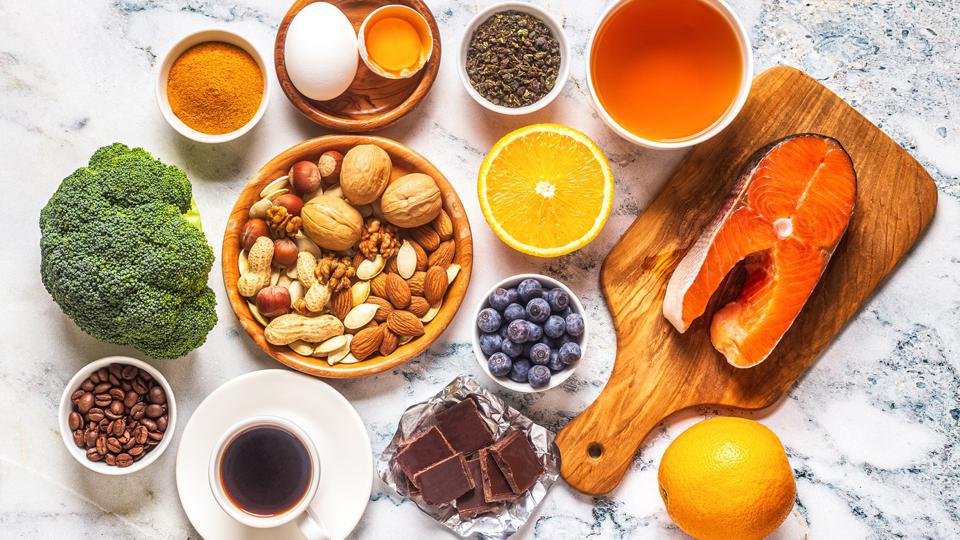Feeding your Brain to Fight Chemobrain
Written by Nicole Riske, an undergraduate student at UNCW and a Public Health Intern at Going Beyond the Pink.
What is Chemobrain?
Chemobrain is often a lingering side effect of treatment for breast cancer. It’s described as a mental or cognitive fog that reduces your ability to perform simple tasks and affects your memory and word recall. Chemobrain is experienced in as many as 75% of cancer patients. Chemotherapy treatment is most often associated with the onset of chemo brain, but other treatments like surgery and radiation are known to contribute, along with stress and nutritional factors too. On average, studies indicate chemo brain lasts 6-9 months after treatment is over but, anecdotally, survivors often share that it lingers on for years.
One way to combat chemobrain is through good nutrition. Let’s focus on the food and nutrition feeding your brain to improve your brain health. Being knowledgeable about what you eat is important but your habits are what truly makes a difference.
Top brain-friendly foods:
Fish (omega-3 fatty acids)
Especially salmon, tuna, mackerel, herring, and sardines because they are full of healthy fats that promote heart and brain health
Not only does it have essential fat but it’s packed full of protein, B vitamins, vitamin D, iron, magnesium, and potassium
Recommendation of at least one serving of fish a week
As well as taking fish oil supplements
Dark leafy greens (and fresh vegetables)
Source of fiber and antioxidant phytochemicals
Recommendation of vegetables every day or at least six servings of greens every week
Fresh fruits (especially berries)
At least two servings a week
Nuts
Provide omega 3, protein, fiber, B vitamins, calcium, iron, and antioxidants
Beans
Whole grains
For example, oats and quinoa are rich in brain-healthy B-vitamins and fiber
Avocados
Contains healthy fats and mostly of monosaturated fat, which is the best type of fat
Some tips:
Snack on nuts
Recipe idea: spread peanut butter or almond butter on celery or an apple
Swap out your grain toppings
Recipe idea: Add avocado or nut butter on your toast instead of butter
Eat fish weather its grilled, baked, canned, or packaged
Recipe idea: mix your packaged tuna with lime juice, red wine vinegar, and onions to add on a sandwich
Limit red meat since it is high in saturated fat
No more than 18 ounces of red meat per week is recommended
Decrease your intake of added sugars
Granulated sugars, high fructose corn syrup, or glucose can cause inflammation
Overall, changing your eating lifestyle to more brain-healthy foods will help fight your chemo brain and increase your brain functions.

